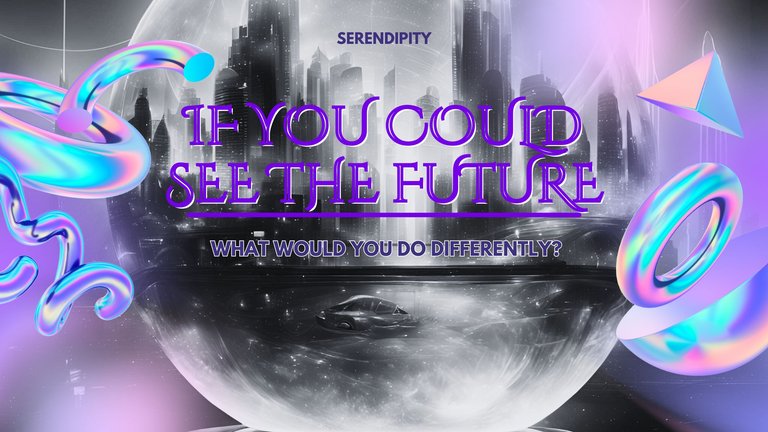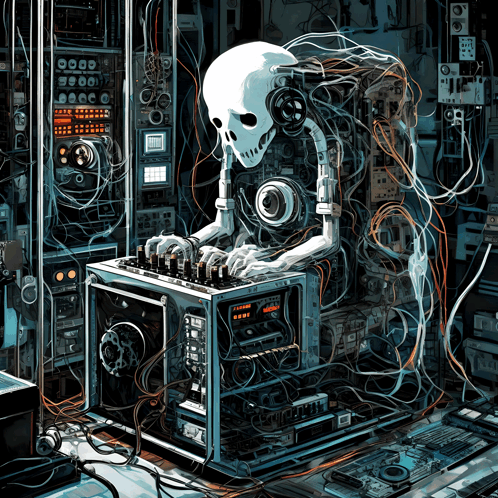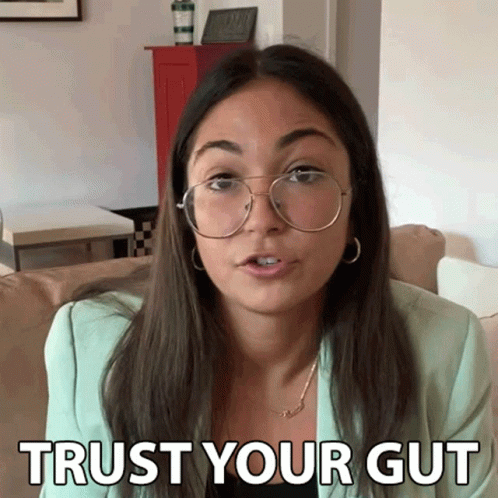
The idea of seeing the future has always fascinated humanity. It’s something we see in movies and read about in science fiction. But what if it was possible? What if a person, with blood flowing through their veins, could truly see what was going to happen before it did?
For many, this concept might bring to mind spiritism or religious claims—those stories of people born with the ability to see visions or predict events( I am not disputing any claims here). It’s what a tarot card reader attempts to do when they lay out the cards and try to read your fate. But I’m not talking about supernatural visions or mystical premonitions. I’m talking about something entirely human—something that, perhaps, evolution has quietly equipped us with over time.
Is It Possible?
As we step into a new year, many of us find ourselves reflecting on the past and looking ahead with hope for what’s to come. We make resolutions, speculate about the future, and try to estimate what might happen next. Isn’t that, in itself, a form of prediction? The fact that we can speculate and make educated guesses is proof that there’s a part of us—our brain—designed to anticipate what lies ahead.
The Prediction Machine

Our brains are wired to predict outcomes. Every moment of every day, we’re making small predictions about our environment to help us survive the next minute, the next hour, the next day. It’s a skill that’s kept our species alive for millennia.
One key way we do this is through pattern recognition. There’s an old saying: “There’s nothing new under the sun.” Solomon the Preacher said it long before we had weather forecasts or economic models. If you can observe and recognize patterns, it becomes easier to anticipate what might happen based on what’s already occurred.
The Neuroscience of Prediction
The brain’s ability to make predictions is powered by its predictive coding system—a process where the brain takes what you see, hear, and feel and compares it with your past experiences and the current situation to guess what might happen next. This system works with key parts of the brain: the frontal lobes, which help us plan and make decisions, and the hippocampus, which remembers things we’ve experienced before.
Think of a chess player: their brain uses predictive coding to simulate various scenarios, evaluating moves and counter-moves before they even happen. The better you are at recognizing patterns and simulating potential outcomes, the better you’ll perform in chess—or life. This system shows how amazing our brain is at using what we already know to get ready for what might happen next.
By honing this natural ability and putting it to use, we can gain clarity about our goals and make better decisions. In a way, we can "see" our future—not through magic or supernatural means, but through purposeful thinking and planning.
Trusting Your Gut

Have you ever had a “gut feeling” about something, only to find out later you were right? That’s intuition, a way your brain works quietly in the background. It picks up on patterns and past experiences without you even realizing it. Think of it like your brain putting two and two together, but in a subtle way. Over time, as you learn more and observe the world, this skill can grow stronger, helping you make better snap judgments and decisions.
Predictions with the Aid of Technology
As technology evolves, the line between human intuition and machine prediction is becoming increasingly blurred. Advances in AI, for example, allow us to predict everything from weather patterns to human behavior. Brain-computer interfaces, like Elon Musk’s Neuralink, could one day enhance our natural abilities to process information and make predictions. Who knows? Perhaps these technologies will bring us closer to seeing the future in ways we’ve never imagined.
A New Year, A New Perspective
While seeing the future like a sci-fi character remains fiction, we can train our brains to predict what’s ahead by observing patterns and thinking with purpose. As 2025 approaches, it’s worth remembering that the future doesn’t just happen to us—we create it.
So, this year, instead of making resolutions that fade by February, try a different approach. Realize that predicting the future is within your reach because you’re actively shaping it. By observing, planning, and acting with intention, you’ll find that seeing the future is less about supernatural power and more about creating the life you want.
Happy New Year—here’s to making 2025 a year you’ll be proud to create.